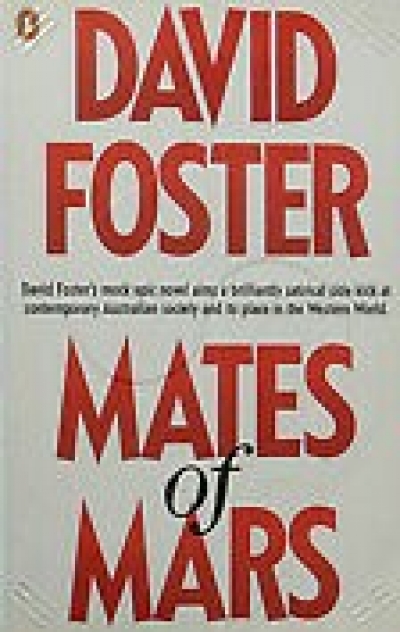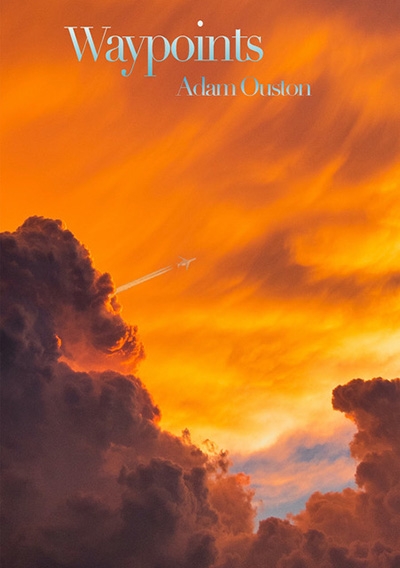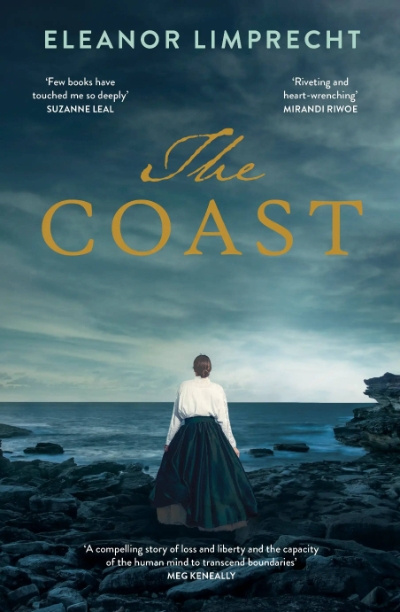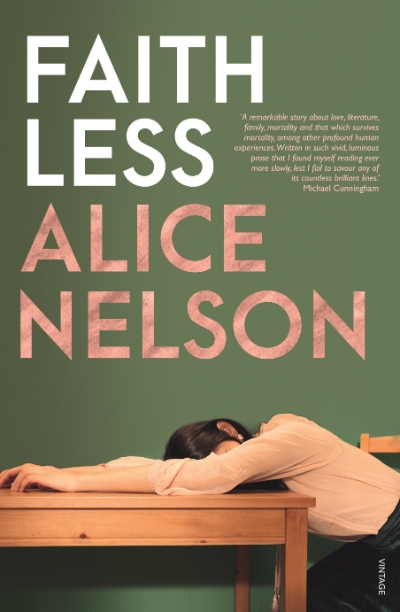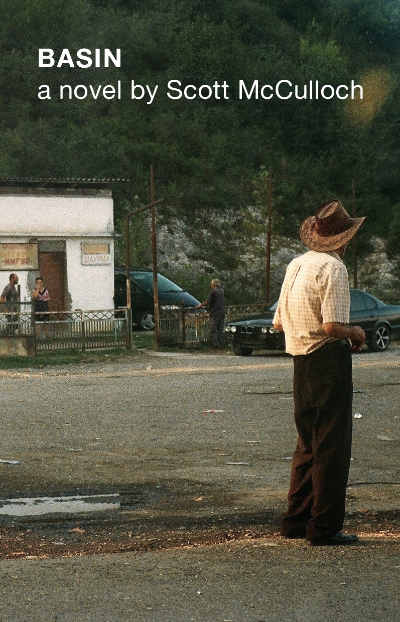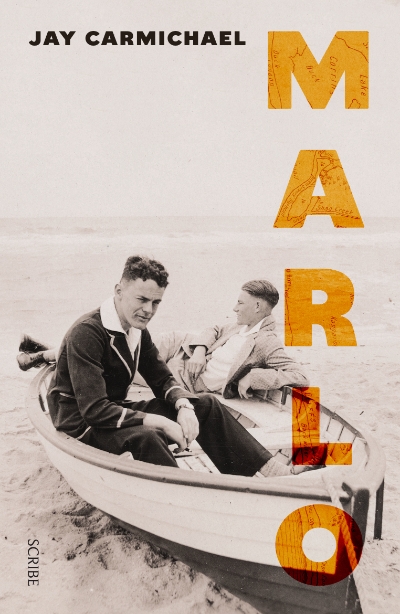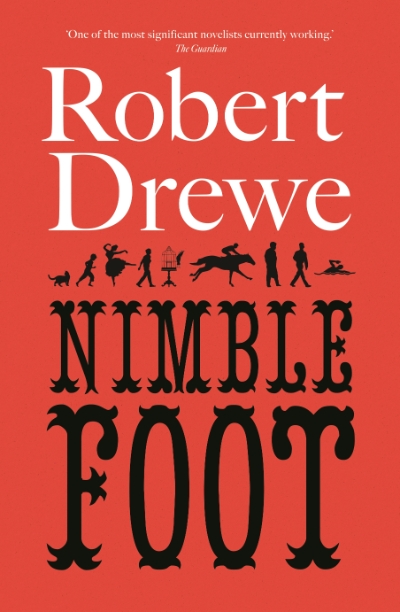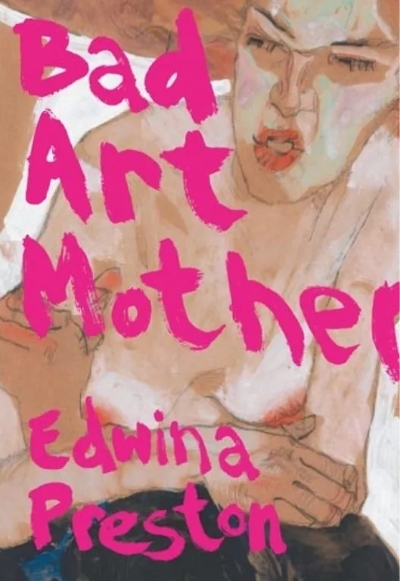Australian Fiction
Marlo by Jay Carmichael & My Heart Is a Little Wild Thing by Nigel Featherstone
by Jay Daniel Thompson •
How do you get a first novel up and running? Random House has done so with a show of faith unusual amongst Australian publishers ... and faith can move mountains of books. The Last Time I Saw Mother is handsomely produced and has an equally handsome print run of 20,000. It’s been sold into the shops in numbers and its author – Manila-born Sydney-based copywriter, Arlene J. Chai – has had her name linked with Amy Tan and Jung Chang. The back cover has a brisk encomium from Bryce Courtenay, who encouraged her to write. Effective marketing indeed, although one reviewer has commented on an element of cultural cringe.
... (read more)

